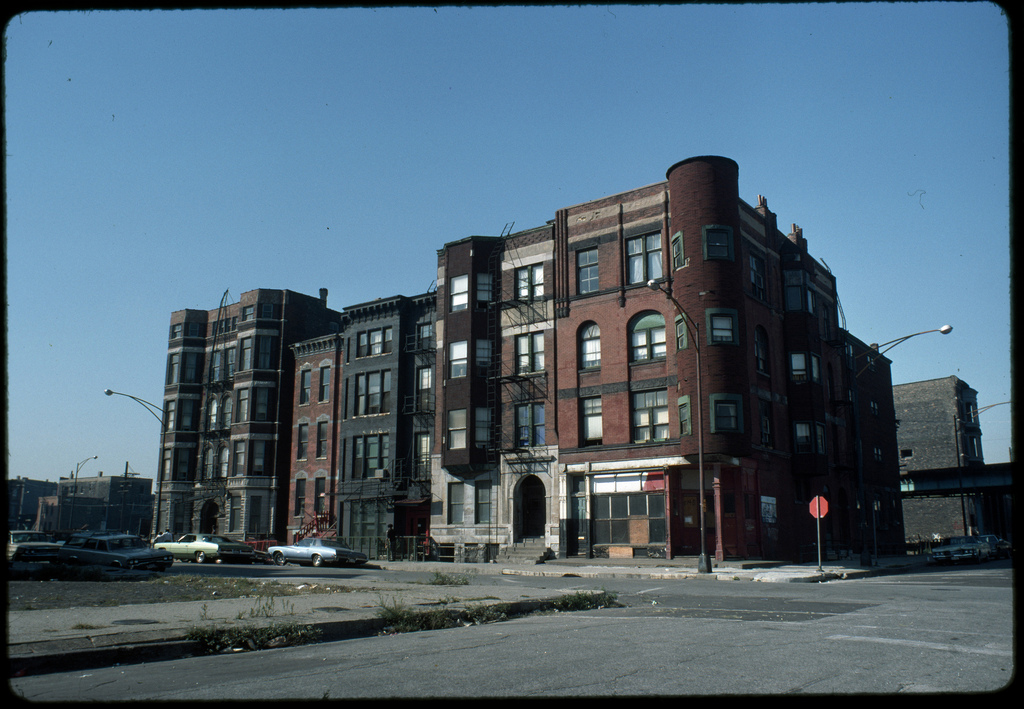City officials and advocates hope that a new streamlined information system will help homeless individuals and families get the kind of services they most need.
The Coordinated Entry System has been designed to make it easier to match homeless people with housing and homeless assistance services such as permanent supportive housing. The system helps caseworkers assess the needs of their homeless clients and determine which programs will be best for them. A centralized housing list that is part of the system will help caseworkers find housing for their homeless clients and will also make the it easier for homeless people to help themselves.
“Part of the value of coordinated entry is that people now have to go to many different organizations. There is no centralized list for people to get housing,” Kyla Dixon, an advocacy specialist at Miriam’s Kitchen, explained at a recent meeting of the Coalition of Housing and Homeless Organizations (COHHO). “This doesn’t solve the problem of the lack of housing. It would solve the problem of people running all over the city trying to get on every waiting list.”
The system also includes a central priority housing registry that prioritizes homeless people based upon the length of time they have been homeless and their overall vulnerability.
The Service Prioritization and Decision Assistance Tool (SPDAT) is an outreach tool used across the country that offers a simplified approach to assessing the most vulnerable members of populations. The system will also give city agencies and organizations a more accurate idea of the types of services needed by the city’s poor individuals and families. Such data will be helpful in making planning and funding decisions.
“One thing we are hoping to get out of this is to have more specific data when the advocate for putting more resources into the city,” said Kristyn Carrillo, associate director for residential programs at N Street Village.
Divided into three categories: affordable housing, rapid re-housing, and permanent supportive housing, 242 pre-screens have been completed so far and have been entered into the system that coordinates across agencies and organizations including the VA Medical Center, Friendship Place, Miriam’s Kitchen, N Street Village, and Pathways to Housing. Out of the 242 pre-screens, about 57 percent have been recommended for rapid rehousing and 31 percent have been recommended for permanent supportive housing. Since the establishment of the system in D.C., 35 individuals have been assigned housing.








